Artificial intelligence (AI) can contribute to the United Nations Sustainable Development Goals (SDGs) and 2030 Agenda to end extreme poverty, advance gender equality, protect natural ecosystems, and promote inclusive societies, among others. One channel involves using AI and new digital “crumbs” to estimate SDG indicators to inform better decisions. Yet, in a world where democracy is increasingly tested, including by the influence of AI on inequalities and polarization, using AI to advance human progress and the SDGs calls for more profound changes than providing better fuel to old engines. The primary pitfalls and potential of AI are not technological, they are political and cultural.
This chapter critically assesses the key tenets and gaps of the “AI for SDGs” narrative and initiatives. It also discusses the contours and conditions of a human AI culture where societies learn and improve using AI as an inspiration and as an instrument controlled by humans. This requires developing awareness, skills and systems for monitoring all SDGs— including the most politically sensitive ones related to press freedom—as well as considering new goals and fostering the participation and collaboration of all data subject-citizens in AI-enabled and AI-inspired initiatives. To that end, we call on citizens, policymakers, scientists, educators, donors, journalists, civil society members and employees to read and reflect on the perspectives shared in this chapter, hoping they will help shape and leverage AI to promote and protect human development and democracy by 2030 and beyond.

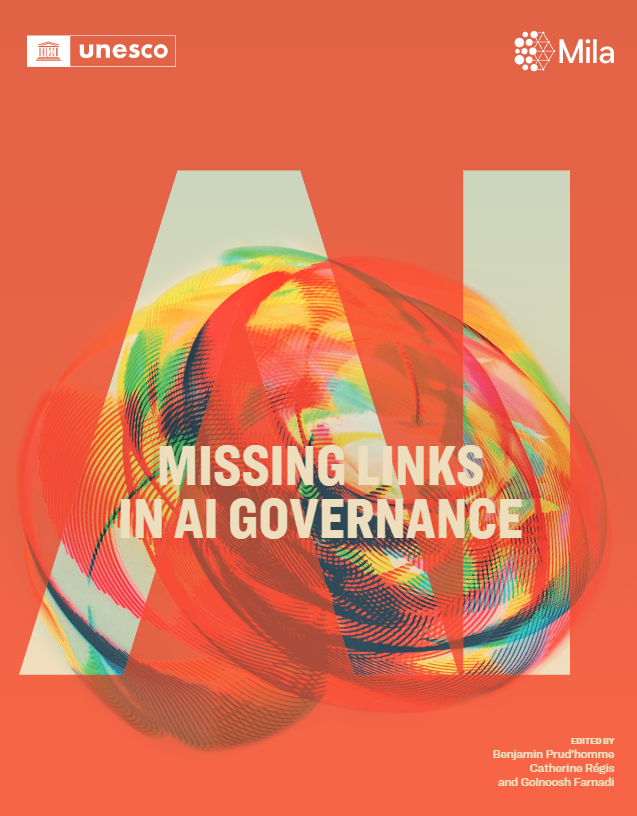
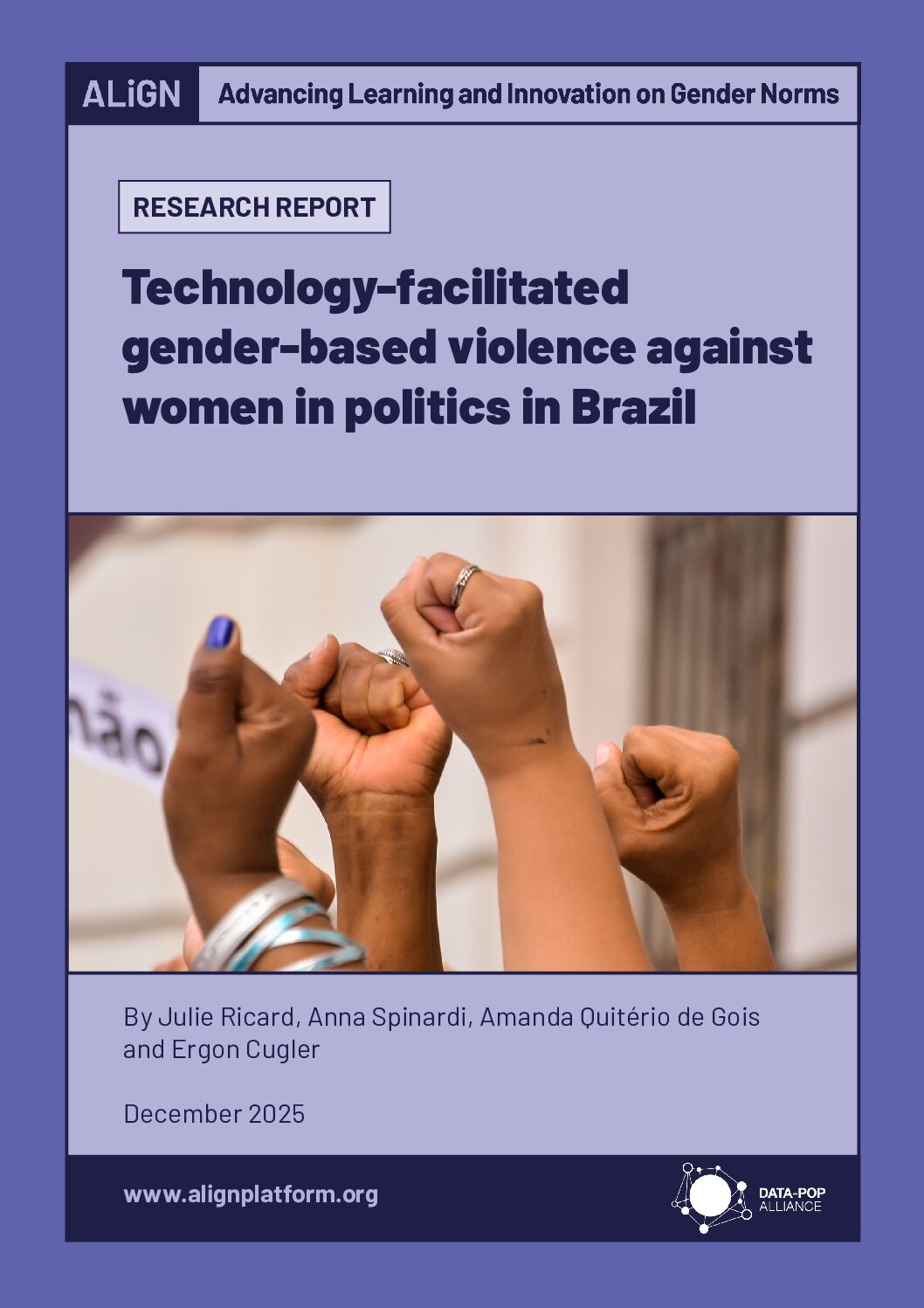
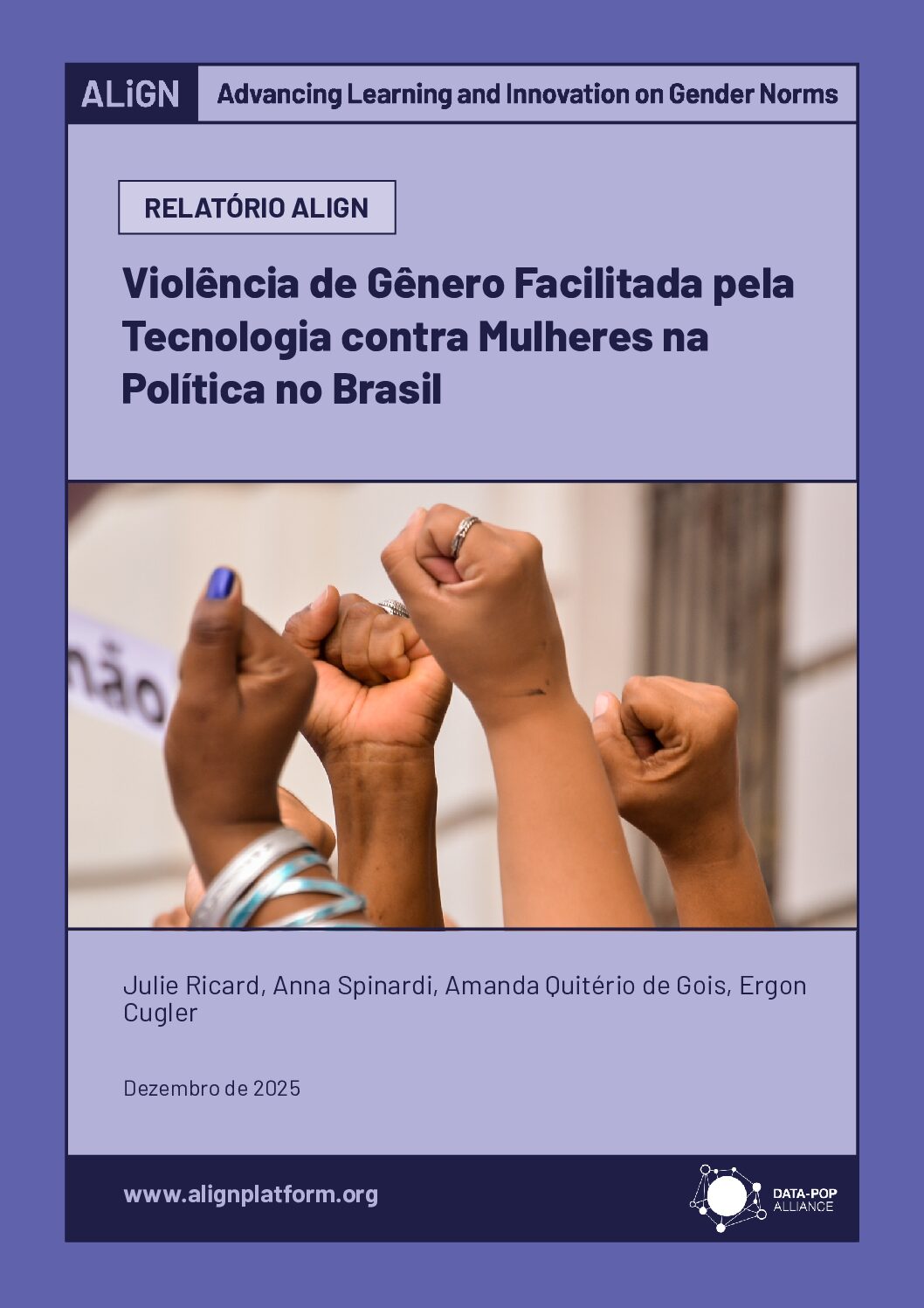
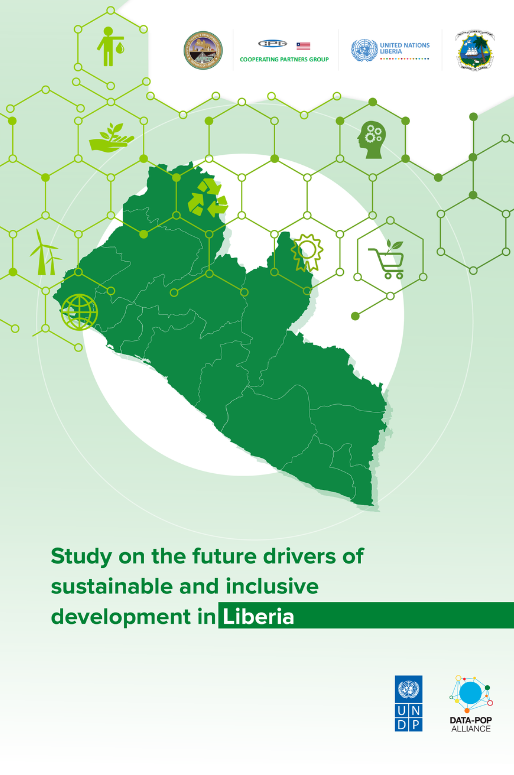

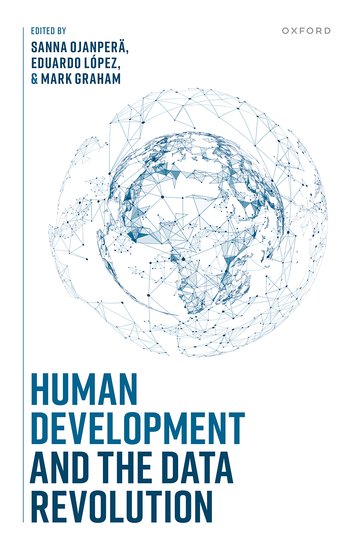
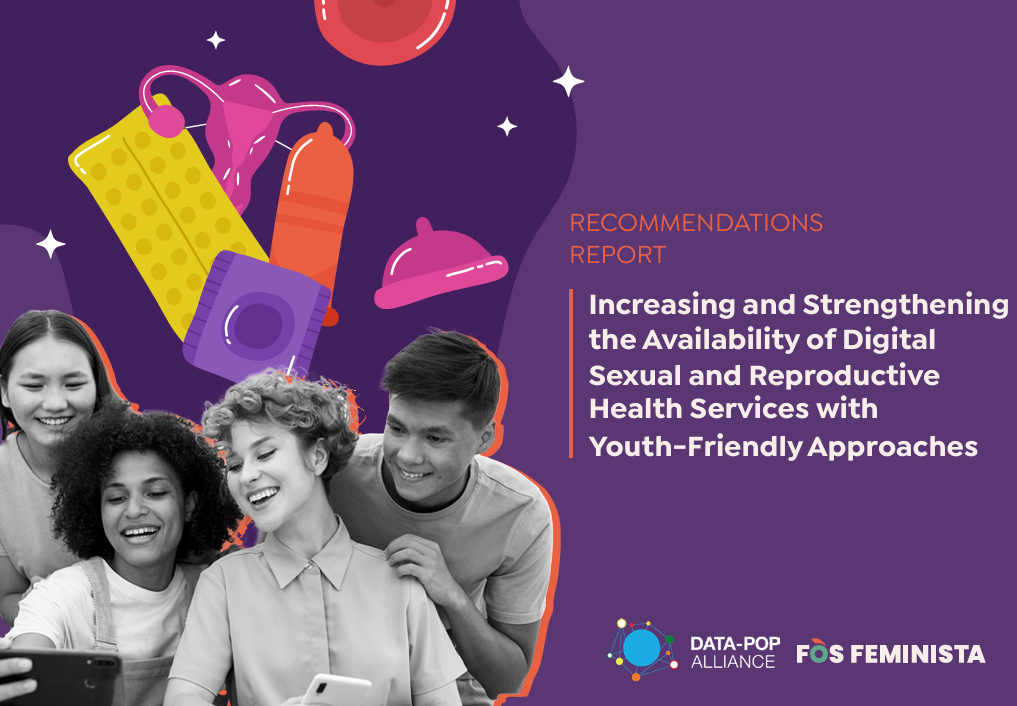
![[P124] cover Bangladesh_Report](https://datapopalliance.org/wp-content/uploads/2025/04/P124-cover-Bangladesh_Report.png)

![[WEB] Feature Blog Post](https://datapopalliance.org/wp-content/uploads/2025/02/WEB-Feature-Blog-Post-.png)
